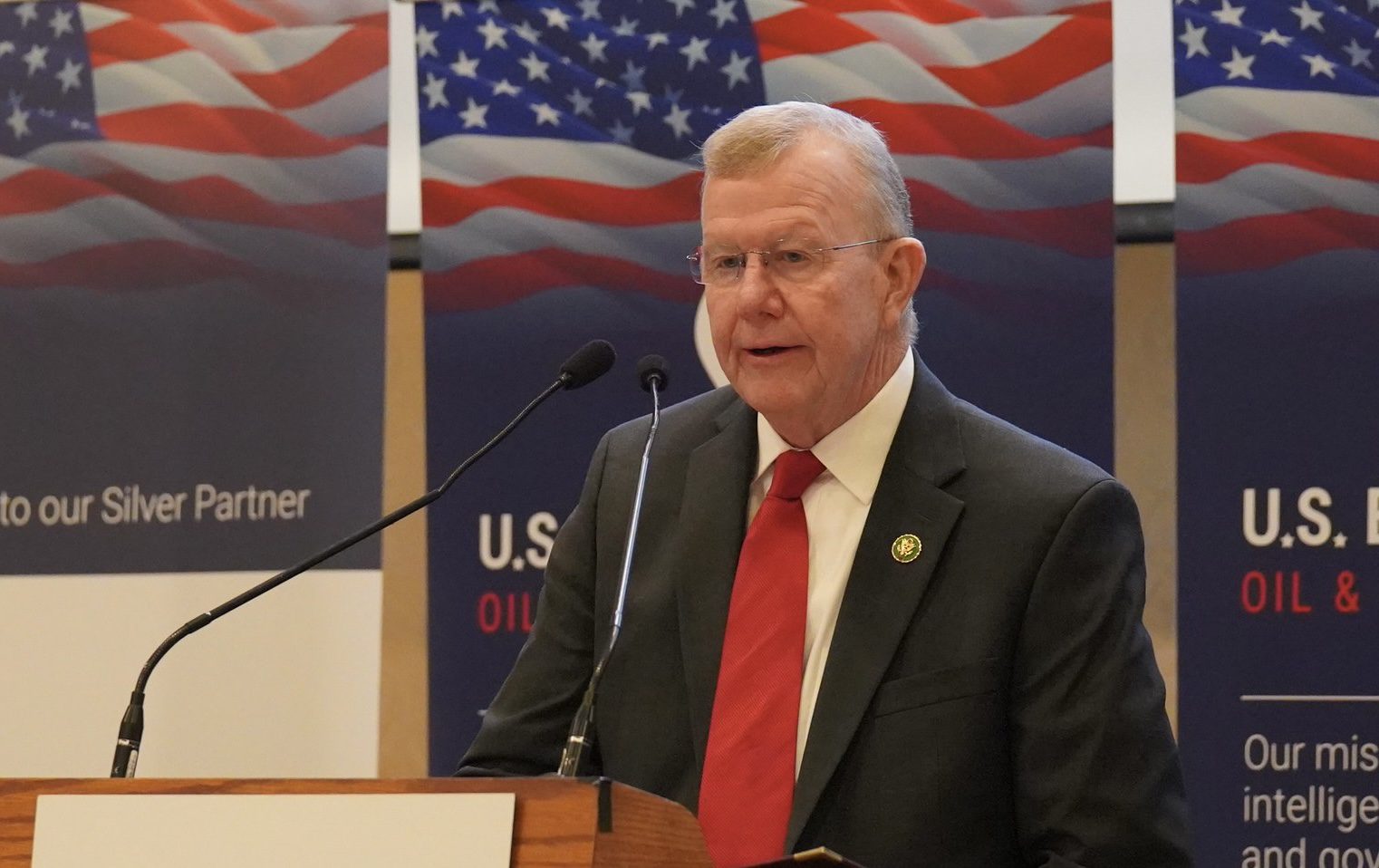
Congressman Mike Ezell (R-MS 4)
Listen to the audio version of this article (generated by AI).
- Without flood insurance, real estate transactions cannot close, home sales and resales are disrupted, and lenders cannot finalize mortgages in flood-prone areas.
The National Flood Insurance Program authorization expired on October 1, and due to the government shutdown, no new flood insurance policies can be issued.
As such, Mississippi 4th District Congressman Mike Ezell (R) along with Louisiana Congressman Troy Carter (D) are urging Speaker Mike Johnson (R), also of Louisiana, and Democratic Leader Hakeem Jeffries to a take immediate action to addresses the lapse in the NFIP.
In a joint letter sent to Johnson and Jeffries, Ezell and Carter state that the NFIP’s lapse “is a serious, immediate problem for families, homeowners, and local economies across not just the Gulf Coast but the entire nation.”
“We co-authored legislation (H.R. 2882) to extend the National Flood Insurance Program through December 31, 2026, ahead of any potential government shutdown, to ensure our communities would not be left vulnerable. We introduced this bill early enough to avoid exactly the scenario we face today,” Ezell and Carter, co-chairs of the Bipartisan Congressional Flood Resilience Caucus, wrote. “Unfortunately, it was never brought to the floor for a vote, and now the program has lapsed.
The two Congressmen say the lapse is causing real problems, especially along the Gulf Coast. Without flood insurance, real estate transactions cannot close. Home sales and resales are disrupted. Lenders cannot finalize mortgages in flood-prone areas. Construction projects are delayed. Insurance markets are tightening and uncertainty is spreading. Those who desire to sign up or renew policies are denied.
“Our families live in coastal and river communities where flood insurance is not a luxury; it’s a necessity,” Ezell and Carter wrote. “This lapse puts thousands of homebuyers, sellers, and small businesses in limbo. It slows down closings, reduces economic activity, and leaves families exposed.”
Those roughly 4.7 million currently in the NFIP if a policy was issued on or before September 30 remain unaffected as policy changes are paused until the federal government reopens.
However, while Democrats in the U.S. House did not support it, the chamber did pass a “clean” continuing resolution, leaving funding levels at the same rate to allow time for further budget negotiations through November 21. It would have reauthorized the NFIP.
The measure sits in the U.S. Senate which has failed to follow suit and open the government. Senate Democrats have voted 12 times since September 19 to not support the stopgap measure sent over from the House, leaving the 53 Republican Senators frustrated as 60 votes are needed for the measure to pass.
Over the last decade, Congress has passed 33 short-term NFIP authorization extensions, which have been attached to contentious government funding bills.
“Every day that the National Flood Insurance Program remains lapsed, families on the Coast are left wondering if they’ll be able to protect their homes,” Congressman Ezell said. “I’ve seen what flooding can do to a community—it can wipe out decades of hard work in a single storm. We need to get this program back on track now so families and small businesses aren’t left exposed.”











